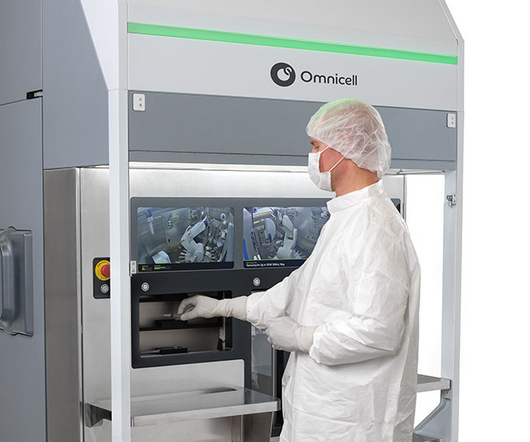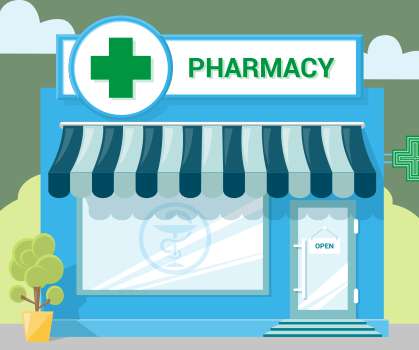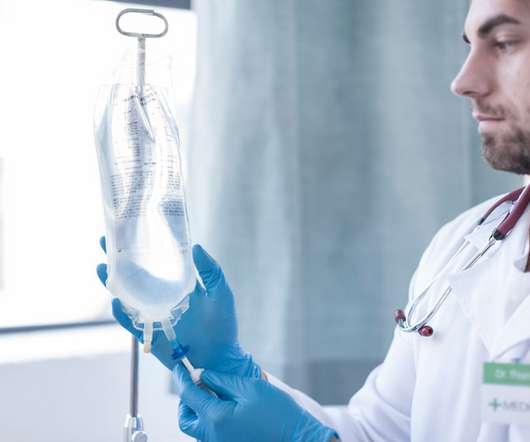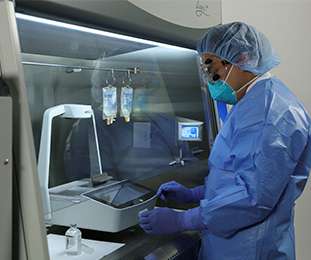Adopting Automation Supports Safer, More Efficient Sterile Compounding
Omnicell
SEPTEMBER 5, 2022
Dennis Wright Senior Director, Central Pharmacy Dispensing Services, Omnicell As disruption and uncertainty in the supply of IV medications from outsourced compounding facilities continues, health system pharmacies should reevaluate how they are managing sterile compounding needs. 23 at 1 pm ET.












Let's personalize your content